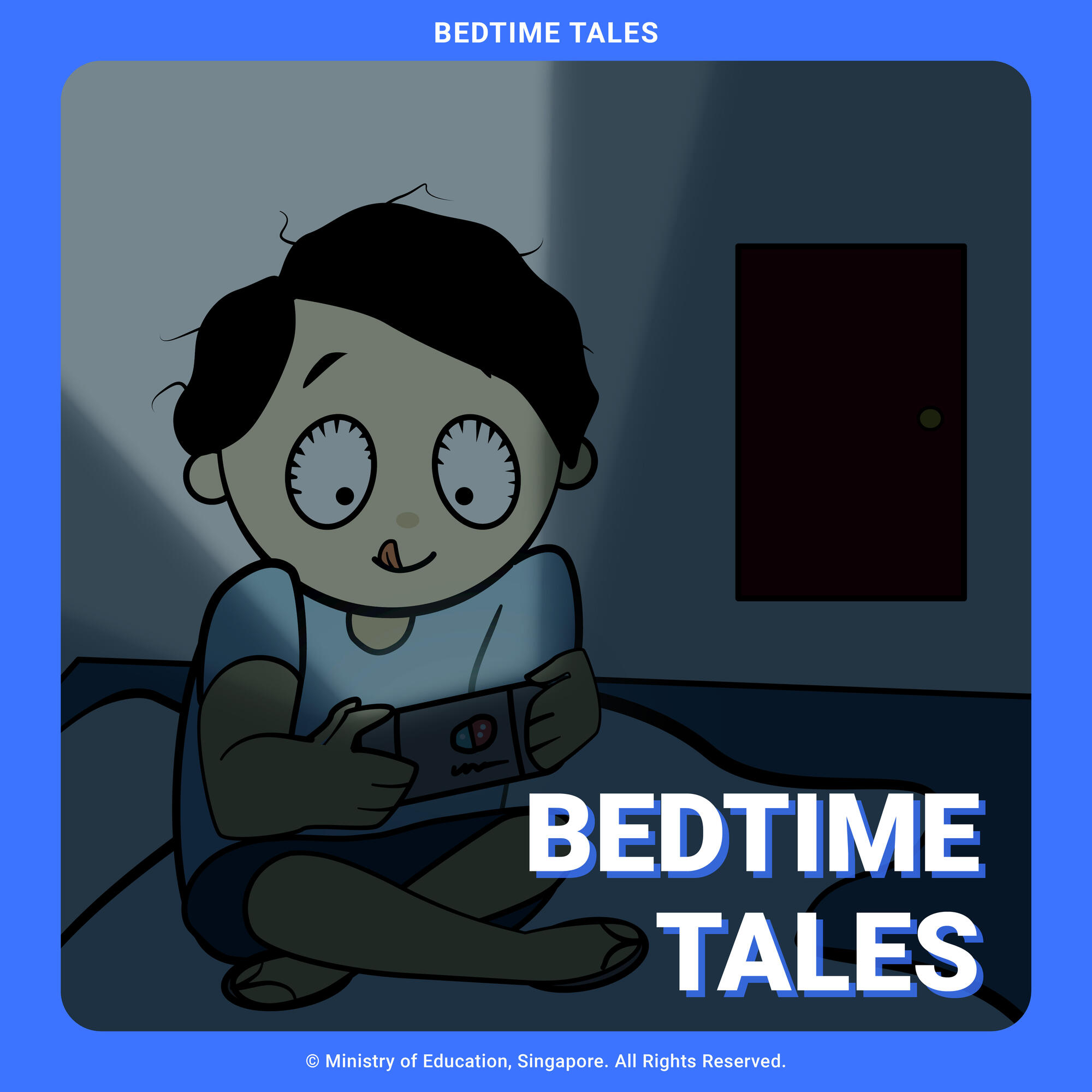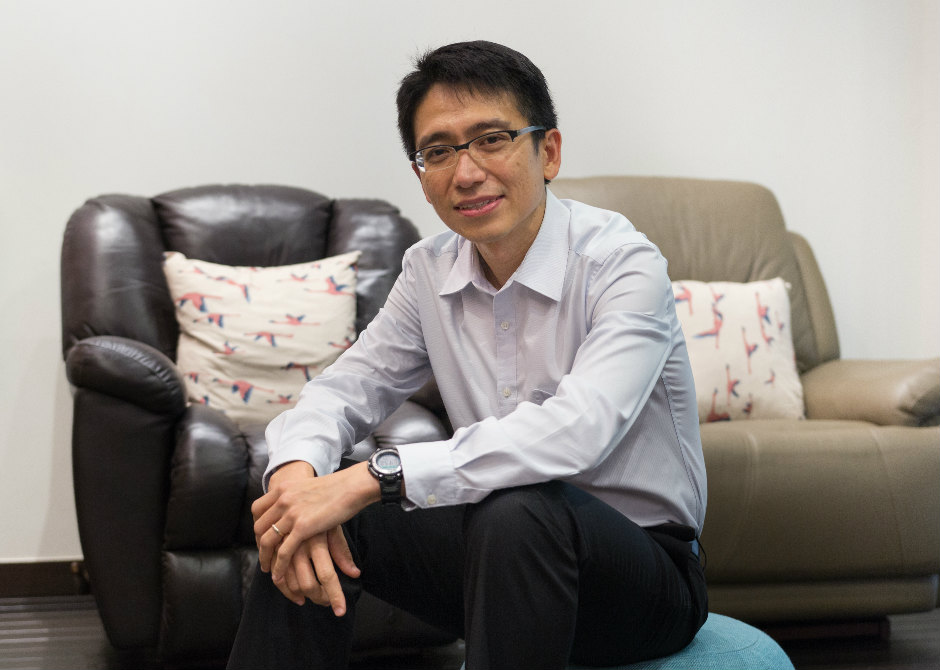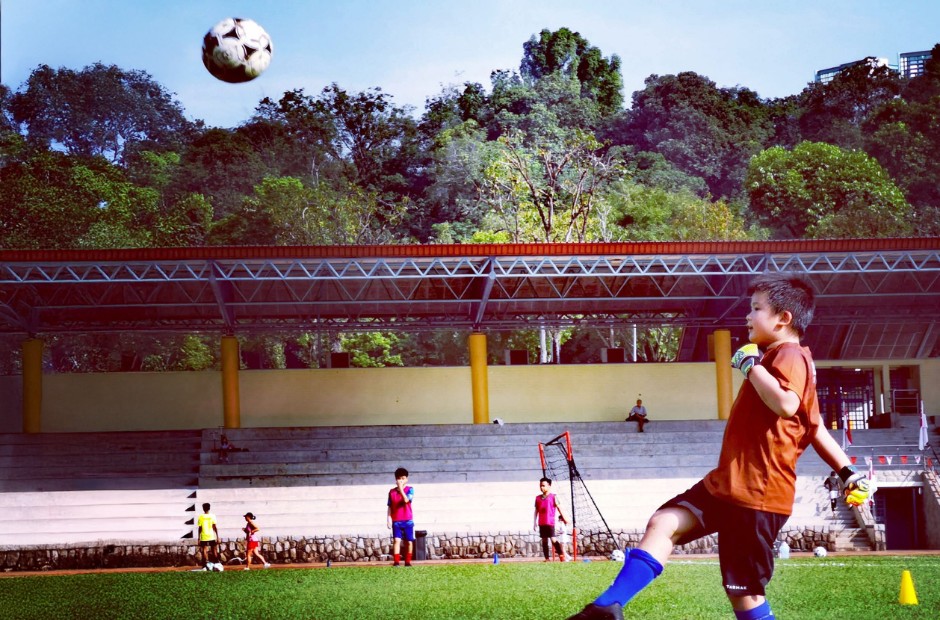Long before “Silicon Valley” entered our lexicon, Mr Chow Yen-Lu was there carving a tech career with Apple back in the early 1990s. He is a pioneer in speech recognition technology, holder of six international patents, serial entrepreneur, angel investor, government advisor and mentor.
Life took a tragic turn after he lost his 26-year-old son to suicide in 2009. His son Lawrance had struggled with manic depression for years. In his memory, Mr Chow and his wife Yee Ling started Over-The-Rainbow, a not-for-profit family foundation which champions mental wellness in youths and parents. “We just want to promote a lifestyle of wellness so that a young person will never have to reach the point of being clinically depressed,” he had said.
He talks to Schoolbag about how parents can build purpose, resilience and mental wellness in their children.
Schoolbag: You recently addressed 100 teachers at a secondary school about raising future-ready kids. What were some of your suggestions?
Mr Chow: To nurture future-ready learners, we have to bring innovation into the classroom, to nurture not just the brain but also the heart. We can begin by inculcating these five Cs: compassion, courage, curiosity, commitment and calmness. Cultivating our kids’ hearts isn’t about telling them these values, but by role-modelling these values and demonstrating kindness in everything that we do.
Thomas Edison said that success is 99% perspiration and 1% inspiration. This inspiration comes from the heart. When we try to solve problems or pain points for humanity, the solutions are best when it comes from the heart. That’s why educating the heart is important.
Schoolbag: How else can we help children to put their heart into what they do?
Mr Chow: I always quote Steve Jobs, who said that we have to help people look inside and find that inner spark. Most of the time, kids are told what to do by their parents, teachers and society. We must help them discover that thing that they’re truly passionate about.
Once our kids find it, they will be on a quest. They’ll ask more questions, pursue that passion and find a purpose. Resilience comes from that. That’s what entrepreneurs do – they find a problem they’re obsessed about. They want to solve the issue, no matter what. Even if there’s a temporary setback.
How else do you inculcate resilience? By giving kids enough space to try things. We’ve become impatient, expecting instant results. We need to let them learn delayed gratification. If our kids watch a YouTube video on how to make cookies, encourage them to go on and try it out till they make it. Burn something! Just don’t burn down the house.
Schoolbag: In earlier media interviews, you’ve mentioned that you’re an expert on failure. And that you like reading about failures in CVs.
Mr Chow: I’ve been an angel investor for almost 20 years. Around 90% of startups fail. Almost by definition, the first time you start something, you’re going to fail. In the startup space, people look at that as a badge of honour. Failure is very common; it’s not something to be ashamed of. Every failure is an opportunity to learn something and grow from there.
Most learning takes place during failure, not success. So I love to see someone who says on their CV, “Oh, I did this startup a few years ago” and then “I also started another thing”. It’s about taking action, not giving up, and constantly learning something.
Schoolbag: After you started Over-The-Rainbow with your wife, you use the platform to discuss “mental wellness” as opposed to “mental health”. What’s the difference to you between the two?
Mr Chow: Mental health is like something you either have or you don’t. If somebody doesn’t have mental health, they have mental illness. Mental wellness on the other hand is a spectrum. Wherever you are in your life or state of mind, you can always become happier. This, to me, is mental wellness. At Over-The-Rainbow, we want to help to give you tools and strategies to reach the next stage on your mental-wellness journey.
We started talking about self-care eight to nine years ago and developed programmes around self-care. By exercising the different dimensions of self-care, we believe that people can achieve true happiness.
Schoolbag: How can parents help their children avoid mental health struggles?
Mr Chow: Prevention, pre-emption and early intervention. That’s what Over-The-Rainbow focuses on. Going back to mental wellness, when does the journey begin? It begins when you decide to take responsibility and ownership of your mental health.
To get a child to take ownership of their own mental wellness, parents must be role-models and take ownership of theirs first. Taking ownership means doing something pro-actively for your own well-being, whether it’s physical, intellectual, emotional, social or spiritual. For example, we should get sufficient rest; pick up hobbies that engage our minds, and let go of toxic or negative emotions.
The problem for some of us is that we don’t pay attention until we’re in a crisis. This goes for me too. We need to shift our mindset and decide that “Okay, I don’t want to be in a crisis mode; it’s not a good place to be”. We have to commit and take time out on a regular basis to practise self-care and renew all aspects of our wellbeing, so our children can also see how it’s done.
And let me tell you, it works. There’s no magic. So many youths come to us while facing some challenges. We give them the tools and the environment: support, self-discovery activities, and the chance to do something to exercise their passion and talent. We help them connect with their dreams and aspirations so that they can lead the lives that they’re meant to live and feel happier. It’s about finding meaning and purpose in their lives.
As a result, they were able to mostly heal and transform into someone with better emotional and mental health. This helps them bounce back more easily from adversity, trauma and stress. They can maintain a positive outlook on life and have high self-esteem despite experiencing difficult situations.
Schoolbag: What’s a key parenting habit that will contribute to a child’s success later in life?
Mr Chow: Rule number one, don’t be a helicopter parent. Love your child unconditionally but don’t do everything for them. Make them contribute around the house. When I was a kid, we always helped with housework. We had no maid, no help, nothing. Teach them the law of harvest. You want this? You’ve got to work for it. Money doesn’t fall from trees. Teach them the law of consequences – you do this, this will happen. So often we take away the consequences because us parents don’t have the patience. Are you part of the problem or part of the solution? I don’t want to sound so tough, but it’s like that.
Don’t do things for them that they can do. For stuff they cannot do yet, guide them from beginning to the end so that children feel that they’re exercising their passion and their talent. They will feel a sense of satisfaction and pride. It’s the best way to teach your child confidence.
Schoolbag: Is there a Rule number two?
Mr Chow: When they fail, be there for them. Tell them it’s ok to fail, and teach them how to fail – get them to learn from their failures and then try again: Fail, learn, repeat. Help them to ask the right questions of themselves: “What can I learn from this? How can I make this better?” Nurture their mindset to focus on the positive rather than the negative. This will help them pull through all kinds of situations in life, not just in failure.
And always believe in your children. When I look at a young person who’s struggling, I tell them, “This is temporary. I don’t see you as you are right now. I see you as where you can be.” Validate their fundamental value and worth.
Remind them that good things take time. Trees take time to grow into good, healthy trees. It takes time to become a good person. Many people give up too early; they say, “Things are not going well. I’m done.” Research has shown that being able to practise delayed gratification is the most important determinant of success in life. Teach your children to be patient.



.jpg)


